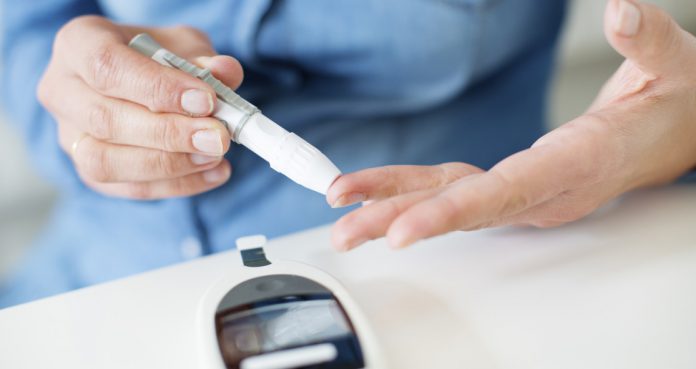Charles Piller, the Science Magazine journalist, has recently published a news article rising doubt on the medical reference to prediabetes as a medical condition that requires treatment. He has pointed out that there is no strong link between prediabetes and diabetes. He mentioned that prediabetes is not a full-blown medical condition, as it has not been found that it causes major health issues.
The journalist said that the term prediabetes has come from the representatives of the American Diabetes Association (ADA) and other associations, which is characterized by the above-normal blood sugar levels. The issue of concern was that prediabetes would result in full-blown diabetes and therefore there would be a great opportunity to prevent diabetes if prediabetes could be managed.
Piller has argued that the issue was a lack of scientific evidence to evoke that might be the case.
However, that did not prevent the CDC and many other associated institutions from considering the term and using it as a warning sign for those who have high blood glucose levels.
The science journalist has also suggested another issue. He said that the ADA is one of the nonprofit organizations and relies on donations to run the association. He found that much of those funds come from drug manufacturers that sell oral hypoglycemic drugs, which are developed to prevent the complications developed by diabetes.
Piller has reported that the ADA, in recent years, has reduced the conditions required to diagnose prediabetes. This move of the ADA has resulted in far more people getting diagnosed, opining that it could be due to the pressure from the drug manufactures to cash in on their drugs. Also, some physicians have started prescribing oral hypoglycemic agents to patients diagnosed with prediabetes.
Nevertheless, not everyone is on the same page. The World Health Organization (WHO) and other diabetes-associated institutions have rejected prediabetes as a diagnosis.
Also, Piller found that there is an issue with the figures. More than 10 million people have been diagnosed with prediabetes, the figures that are way too above than people who will ever develop diabetes. For example, in the U.K., roughly, 16 million people have been diagnosed with prediabetes, but only 3 million people actually have type 2 diabetes. The journalist concluded that the term prediabetes has resulted in categorizing many healthy people as prediabetic, causing a negative impact on those who have to pay more for diabetes care, leading to unwanted anxiety.




















